
views
BRUSSELS: The European Parliament turned up the heat on Bulgaria on Monday as lawmakers debated a resolution that highlights flaws by the EU’s poorest member in respecting the rule of law, combating endemic corruption and supporting media freedom.
A vote is expected later this week on the resolution that challenges Prime Minister Boyko Borissov’s governance after almost three months of anti-graft protests in Bulgaria that seek his resignation.
Thousands of Bulgarians have been rallying daily since July, accusing three-times premier Borissov of eroding democratic rules and allowing corrupt practices that support oligarchs and businesses close to his centre-right GERB party.
In a heated debate, lawmakers from the socialist party family, as well as the Greens and liberals slammed Bulgaria’s government for backsliding on democratic values and abuse of EU funds.
MEPs from the centre-right group EPP, to which Borissov’s own party belongs, defended Borissov as a pro-European leader.
Bulgaria ranks as the bloc’s most corrupt member state according to Transparency International’s index. The country has dropped to 111th position in terms of media freedom from 51st in 2007, when it joined the EU, according to Reporters Without Borders.
“Bulgarian citizens will deal with their government, but we need to stop feeding the vampires that are sucking the life blood out these wonderful people,” said Clare Daly from the group of the European United Left-Nordic Green Left.
EPP chair Manfred Weber said the protests showed that democracy works in Bulgaria. Borissov has refused to step down and on Monday Weber said protesters could have their say at an election scheduled for next March.
A European Parliament resolution rapping Bulgaria for shortcomings in respecting the rule of law would have no practical consequences except political embarrassment for Borissov. But it would also be a signal that Brussels is not turning a blind eye.
Unlike Hungary and Poland, Bulgaria has managed to avoid a formal EU process checking if rule-of-law is observed, by promising changes and setting up bodies to combat graft and overhaul the judiciary, while dragging its feet on delivering results.
Last week the European Commission, in a milder tone, criticised Bulgaria’s shortcomings on courts’ independence and the lack of senior officials jailed on corruption charges in its first report on rule of law in the EU.
Speaking on Monday, the EU’s top democracy official, Commissioner Vera Jourova said the EU Commission would press ahead in monitoring Bulgaria until it sees tangible results in fighting corruption and overhauling of the judiciary.
“There is still unfinished business. And we want to see the job done,” she said.
Disclaimer: This post has been auto-published from an agency feed without any modifications to the text and has not been reviewed by an editor














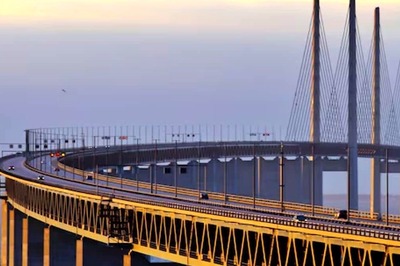
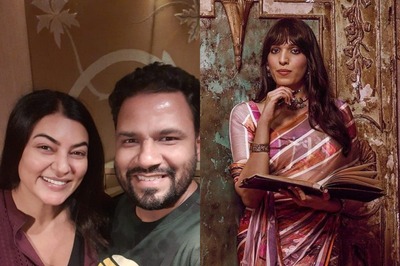
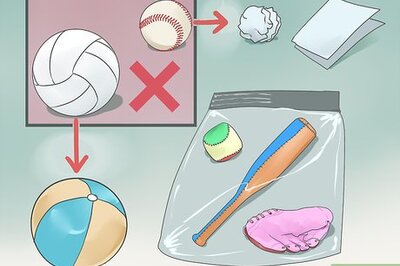
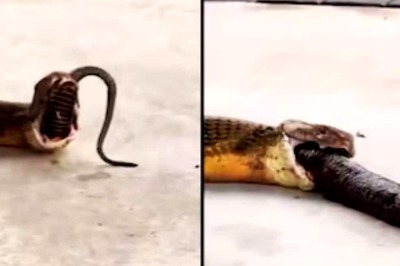
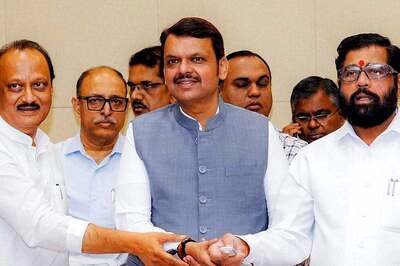
Comments
0 comment